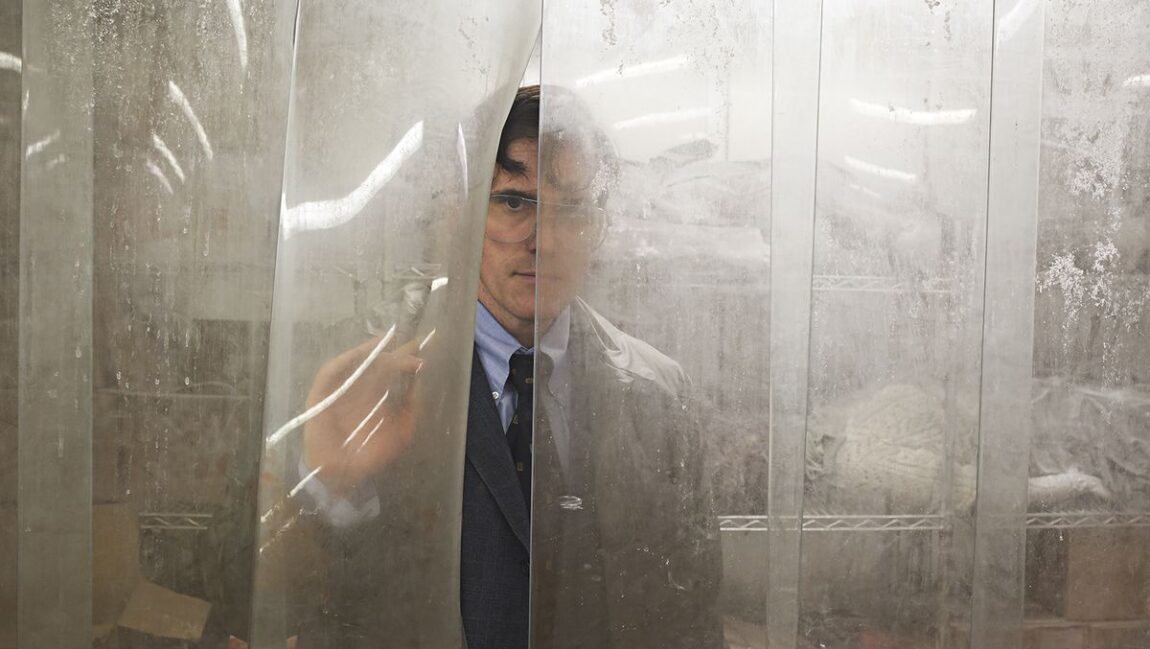Heimat Is a Space in Time is a film of palpable gravity but one that may always be more meaningful to Heise than to audiences.
Heimat Is a Space in Time is an assemblage film in the truest sense, one constructed as an archaeological process that came together “piece by piece” over the course of many years, drawing from material as diverse as diaries, registers, letters, and a deportation list that concludes with director Thomas Heise’s own family members. Heise’s family is here defined by their writing and correspondences, a corpus stretching back more than a hundred years beginning with Heise’s grandfather’s assertion that war is “nothing more than human slaughter” – an opening that can only act as a sad irony in the face of the events we, the audience, know are about to come. As the title of the film deftly describes, Heimat is a metaphysical home. It can refer to something as small as one’s house and as large as one’s nation. There also exist historical connotations regarding the word which imbue it with a distinctly patriotic tone, especially after its usage by the Völkisch movement (the precursor to Nazism). These connotations aren’t so much mingled in with the material as they are questioned and brought to the fore by the suffering that Heise’s family experienced during these most damnable of times in 20th century Germany – a far cry from the Technicolor idylls of the post-war Heimatfilm genre.
The high degree of interest with trains and railway lines displayed here can, of course, signify many things and even within the context of Heimat serves as both a reminder of the deportation of Jews and other minorities as well as German industrial prowess and historical movement. Indeed, a number of shots find themselves interrupted by the hum of passing freight trains loaded with dozens of German-made cars and one of the most striking images of the film shows row after row of train tracks in response to the devastation brought on in the wake of World War II, as a broken nation remaining resilient. Yet, there are areas where this film does suffer: I think of the more stultifying passages where long blocks of spoken word force the viewer to either rely solely on Heise’s reading of the material or the often rather opaque association conjured between word and image. This, no doubt, priorities the human experience spoken by the film over the wider historical processes which these people were subject to, but it comes at the cost of restricting its own ability to expand upon Heise’s family’s words. This is an important film yet I wonder if that’s more so the case for Heise himself than it is for us.
Published as part of March 2020’s Before We Vanish.







